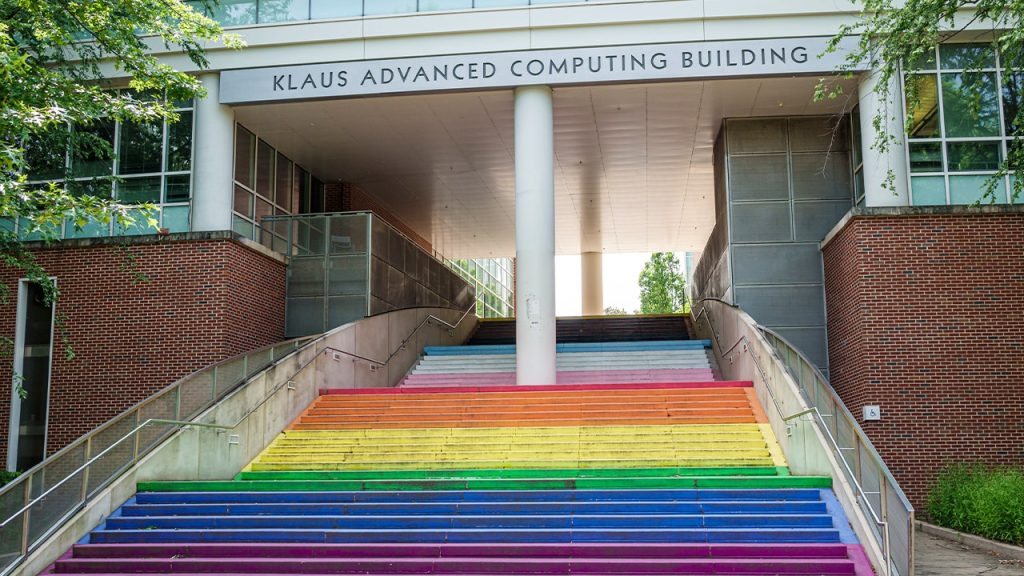The year 2024 has witnessed a significant surge in legislative action against Diversity, Equity, and Inclusion (DEI) initiatives within public colleges and universities across the United States. Six states, including one with a Democratic governor, have enacted laws either completely banning or severely restricting the implementation of DEI programs. This wave of opposition, largely spearheaded by Republican lawmakers, reflects a growing national debate over the role and impact of DEI in higher education. Critics argue that DEI initiatives promote a leftist ideological agenda, while proponents maintain their importance in fostering inclusive and equitable learning environments.
The states at the forefront of this movement include Alabama, Idaho, Iowa, Indiana, Kansas, and Utah. These states have adopted various approaches to curtailing DEI, ranging from prohibiting specific DEI offices and training programs to restricting the use of certain concepts and terminology associated with DEI in educational settings. The legislative measures often target practices perceived as discriminatory, such as assigning guilt or responsibility based on identity characteristics. Additionally, some states have linked DEI restrictions to broader cultural debates, such as the use of restrooms based on biological sex and the promotion of “intellectual diversity” as a counterpoint to DEI principles.
The specific legislative actions taken by each state vary in scope and intensity. Utah, for instance, broadly prohibits any policy, procedure, practice, or initiative labeled as “diversity, equity, and inclusion.” Alabama similarly bans “divisive concepts” that could promote guilt or complicity based on identity characteristics, while also addressing restroom usage based on biological sex. Indiana has focused on amending the duties of diversity committees to increase “intellectual diversity” and restricting the promotion of certain concepts related to race and sex in educational courses.
The political landscape surrounding these legislative efforts is complex. While the majority of states enacting anti-DEI measures are governed by Republicans, Kansas, under Democratic Governor Laura Kelly, also passed similar legislation. Governor Kelly allowed the bill to become law without her signature, expressing concerns about the legislation while acknowledging that the targeted conduct might not be prevalent in Kansas universities. This instance highlights the nuanced political considerations surrounding DEI and the potential for bipartisan agreement on certain aspects of its regulation.
The legislative push against DEI in higher education extends beyond the six states mentioned earlier. Other states, including Florida, Texas, and Tennessee, have previously enacted bans on DEI practices in their respective higher education systems. This broader trend suggests a growing momentum behind efforts to regulate or eliminate DEI initiatives, raising questions about the future of DEI in higher education nationwide. The arguments for and against DEI continue to be hotly debated, with proponents emphasizing the importance of creating inclusive environments for students from diverse backgrounds and critics expressing concerns about potential reverse discrimination and the imposition of specific ideological viewpoints.
The implications of these anti-DEI measures are far-reaching, potentially impacting admissions processes, curriculum development, faculty hiring, and campus climate. The long-term consequences of these legislative changes remain to be seen, as legal challenges and ongoing debates about academic freedom and institutional autonomy are likely to shape the future of DEI in higher education. The varying approaches adopted by different states also create a complex legal and regulatory landscape, potentially leading to inconsistencies and further litigation. As the debate continues, the fundamental question remains: how can higher education institutions effectively foster inclusive and equitable learning environments while navigating the legal and political complexities surrounding DEI initiatives?


